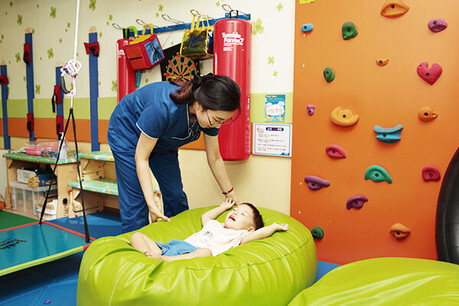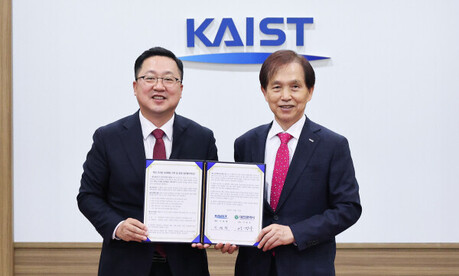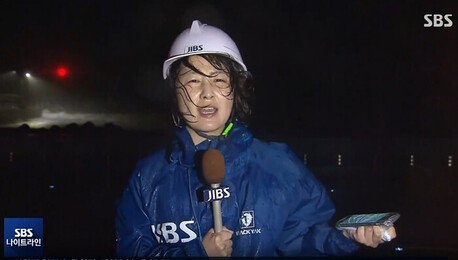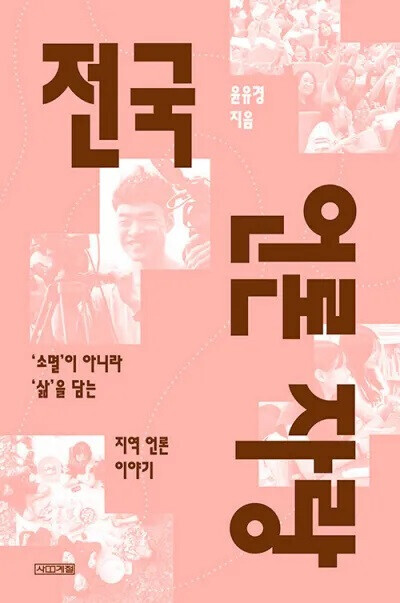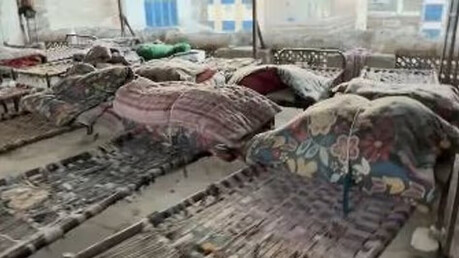
SEOUL—South Korea's Ministry of Food and Drug Safety (MFDS) is moving to enact stricter standards for 'decaffeinated' coffee, a response to mounting consumer complaints of experiencing side effects like palpitations and insomnia despite choosing the low-caffeine option. The proposed change, slated for implementation in March of next year, will mandate that only coffee made from beans with a residual caffeine content of 0.1% or less after the decaffeination process can be marketed as 'decaf.'
The current regulation allows products to be labeled as decaffeinated simply by removing 90% or more of the original caffeine. This percentage-based system has proven problematic because the initial caffeine content varies significantly across different coffee bean types and batches. Consequently, the actual residual caffeine in the final 'decaf' product could vary widely, leading to the unexpected side effects reported by consumers who wrongly assume the beverage is virtually caffeine-free.
This regulatory overhaul reflects a growing awareness of the discrepancy between consumer perception and the actual caffeine levels in many decaffeinated products. For individuals with high caffeine sensitivity, or those seeking an evening beverage without fear of sleep disruption, the residual caffeine under the old standard has often been enough to trigger adverse reactions. The move brings South Korea in line with international precedents, such as the standards already enforced in the United States and Germany, which also cap residual caffeine at 0.1% for decaffeinated coffee.
The new labeling standard is a significant development for the nation's burgeoning coffee market, applying to all coffee products sold across various retail channels, including convenience stores, supermarkets, and cafes.
The issue is especially timely given the enormous surge in decaf coffee's popularity across South Korea. Data submitted to the MFDS by Democratic Party of Korea lawmaker Park Hee-seung shows that domestic decaf coffee production has nearly tripled in recent years. In 2024, production volume reached a remarkable 18,641,962 kilograms, a massive increase from the 6,463,307 kilograms recorded in 2020. This dramatic rise underscores the growing consumer demand for reduced-caffeine alternatives, making the need for clear, strict, and consistent labeling standards all the more critical for public health and consumer trust. The MFDS's new measure aims to close the gap between expectation and reality, ensuring that a cup of decaf coffee truly allows for a good night's rest.
[Copyright (c) Global Economic Times. All Rights Reserved.]
















